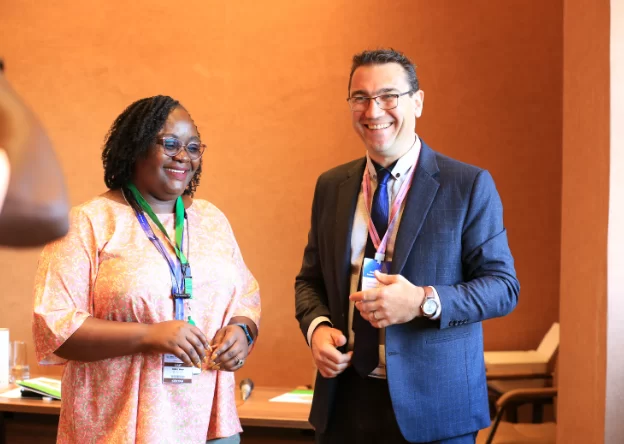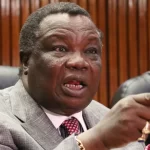Schneider Electric has reinforced its commitment to the renewable energy sector during the Alliance for Rural Electrification Energy Access Investment Forum (EAIF) with the regional launch of its Climate Smart Village solution and a new white paper highlighting the role of inclusivity.
The International Energy Agency estimates that achieving universal access to affordable electricity in sub-Saharan Africa by 2030 requires connecting 90 million people annually three times the current rate of progress. As of 2024, about 600 million people in sub-Saharan Africa still lack electricity, with Uganda’s national grid reaching only 18.9% of the population, primarily in urban areas.
This urban-rural divide remains a major barrier to economic development, limiting access to essential services and quality of life. To address these challenges, Schneider Electric introduced the Climate Smart Village solution.
This IoT-enabled EcoStruxure digital platform ensures optimal solar power utilization by dynamically allocating energy based on demand. This initiative has transformed rural communities in Jharkhand, India by reducing migration, improving agricultural productivity, and increasing household incomes by $710 to $830 per year.
“Our solutions continue to make an impact,” said Ifeanyi Odoh, General Manager of Schneider Electric East Africa, “empowering rural communities with reliable, sustainable energy that transforms livelihoods and drives long-term economic growth.”
With Schneider Electric’s Access to Energy ambition of connecting 50 million people to electricity by 2025 already surpassed—reaching 53.4 million by the end of 2024—the company remains committed to expanding its impact. By delivering sustainable and reliable energy solutions, Schneider Electric continues to support underserved communities across Africa and beyond.
Schneider Electric also unveiled a white paper, highlighting the role of gender inclusivity in the renewable energy sector, in collaboration with the Alliance for Rural Electrification.
“The white paper released at the event emphasizes the untapped potential of women in the renewable energy sector. It provides data-driven insights and case studies demonstrating how targeted initiatives—such as self-help groups—have led to a double income increase in local communities. The report advocates for sustainable and inclusive socio-economic development.” said Albert Fuchet, Global VP of Access to Energy, Schneider Electric.
Now in its 10th year, the forum, taking place from April 8-10 in Kampala, Uganda, gathers private and public investors, industry leaders, and government officials to explore strategies for accelerating sustainable electricity access, with a focus on renewable electrification.
Read: Schneider Electric Expands Operations in Tanzania











![Motivair by Schneider Electric, a new CDU (MCDU-70) with the capability to scale to 10MW and beyond for next-generation AI Factories. [Photo/Schneider Electric]](https://businesstoday.co.ke/wp-content/uploads/2026/01/MCDU_70_Product_Evolution_NO_LOGO_1920x1080-680x383.webp)

Leave a comment